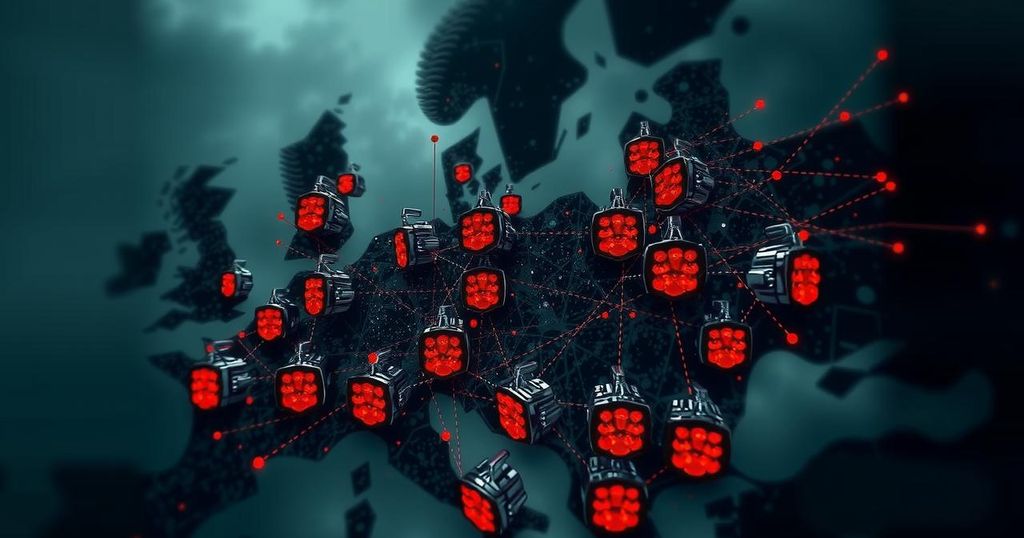From Namibia to Gaza: A Reflection on Historical and Current Genocide Accusations
The ongoing conflict between Israel and Palestinian groups, particularly in Gaza, has led to widespread protests across Europe, condemning the violence that has resulted in significant civilian casualties. Germany’s historical legacy of genocide in Namibia is invoked to criticize its support for Israel, especially in light of recent controversial statements from its officials justifying civilian deaths. This tension highlights the international community’s response to perceived complicity in genocide and calls for accountability.
The current conflict involving Israel, particularly its actions in Gaza and Lebanon, has elicited significant international criticism, drawing historical parallels to acts of genocide committed by nations in the past. Recent reports indicate that the Israeli army has targeted high-ranking officials within Hamas and Hezbollah, inciting further protests throughout Europe against the violence in Gaza. Protests in Germany have escalated, with law enforcement taking aggressive measures against demonstrators condemning the violence from Israel. The Israeli offensive, which has reportedly resulted in the deaths of over 42,600 Palestinians, including children, has spurred protests in various European countries, all demanding an end to the ongoing military actions. This outcry has been met with contentious responses from German officials, with Foreign Minister Annalena Baerbock controversially asserting that there are conditions under which civilian casualties are justifiable, a statement that has drawn widespread condemnation. Historically, Germany acknowledges its own role in genocide during its colonial rule in Namibia, where thousands of Herero and Nama people were killed, drawing unsettling comparisons to Israel’s current military operations. The international community is scrutinizing these developments, with accusations of genocide against Israel currently pending at the International Court of Justice. As relations between Germany and Israel remain complex, Germany’s actions and rhetoric during this crisis may further complicate its historical legacy.
The article discusses the escalating violence in Gaza and Lebanon, particularly focusing on Israel’s military actions and the resultant civilian casualties. It highlights the protests occurring in Europe, especially in Germany, against Israel’s military campaigns, and examines the responses from German officials, particularly the Foreign Minister’s statement regarding civilian casualties. Historical context is provided by referencing Germany’s past acts of genocide in Namibia, drawing a parallel to contemporary accusations of genocide against Israel. The article outlines the international reaction to these conflicts and the calls for accountability through international legal mechanisms.
In summary, the article presents a strong critique of the recent violent actions carried out by Israel in Gaza and Lebanon, juxtaposed against Germany’s historical actions and current diplomatic stance. The protests in Europe against these actions reveal a growing dissatisfaction with government responses and a call to recognize and address potential complicity in human rights violations. Both countries are faced with the moral implications of their actions, which promise to have lasting ramifications on their international reputations.
Original Source: www.tehrantimes.com




Post Comment